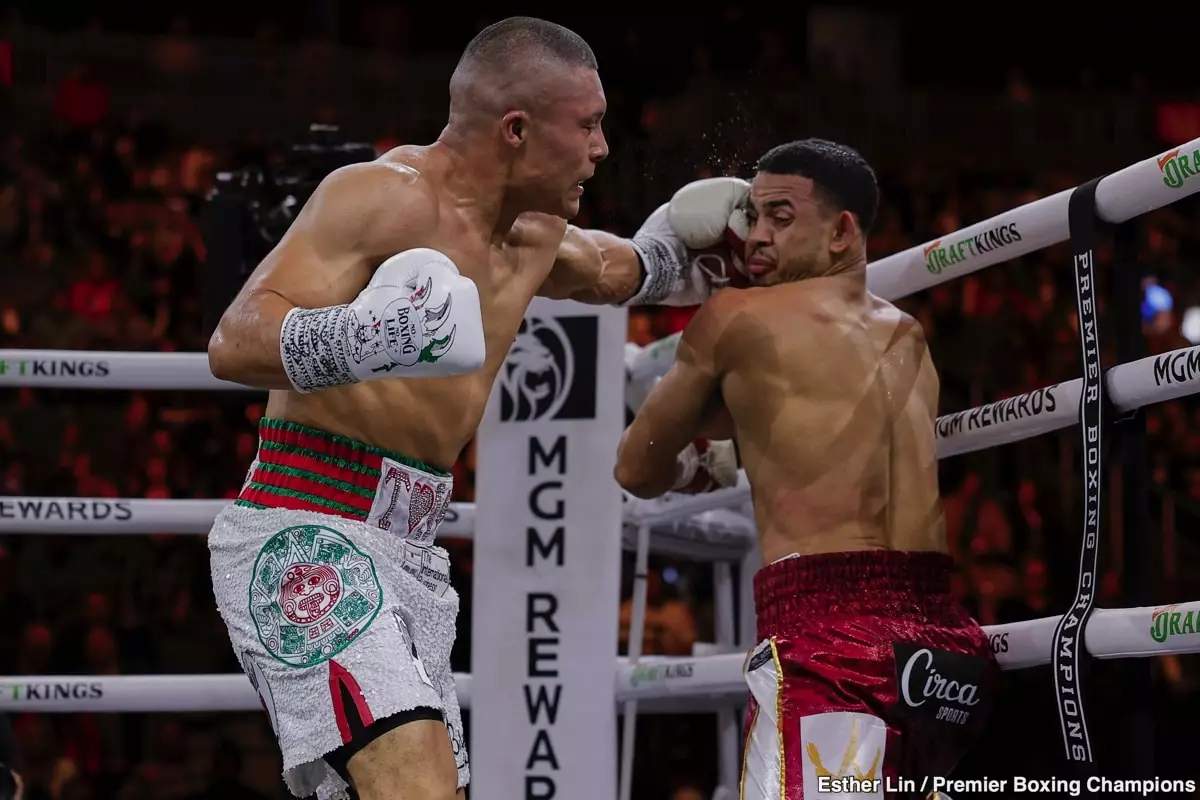In an upcoming bout set for May at Times Square, Ryan Garcia (24-1, 20 KOs) will face off against Rolando ‘Rolly’ Romero (16-2, 13 KOs) for the WBA secondary welterweight title. However, this event has sparked significant controversy among boxing enthusiasts and experts alike. While both fighters are well-known, neither currently holds a ranking in the top 15 of any of the four major sanctioning bodies in the welterweight division. The existence and significance of a secondary title in this matchup are being heavily scrutinized.
Historically, the WBA has been criticized for its convoluted title structure, which includes multiple champions in the same weight class. The organization previously announced intentions to streamline its belts to promote clarity within the sport. Yet, as evidenced by this fight, the WBA seems to have backtracked, opting to maintain its secondary title for merchandizing and promotional purposes. This decision is not just perplexing; it appears disconnected from the principles of boxing integrity, leaving fans questioning the credibility of such contests and the titles being awarded.
Fan reactions on social media have been overwhelmingly negative, with many labeling the prospect of a WBA secondary title fight between Garcia and Romero as “disgusting.” Such sentiments highlight a broader frustration with the current state of boxing, where prestige is often overshadowed by promotional antics. Many followers of the sport feel that titles should be reserved for worthy contenders, and neither Garcia nor Romero has demonstrated that they are deserving of a championship belt at this moment in their respective careers.
The chaotic situation surrounding boxing titles brings forth a pressing need for reform. Some boxing purists advocate for the dismantling of the multiple sanctioning bodies, suggesting that a single authority should oversee the awarding of world titles. Such a change could streamline the championship landscape, allowing fighters to compete for genuinely prestigious titles rather than merely adorned trinkets. Moreover, the notion of a “fake trinket belt” being introduced for promotional purposes raises questions about the sport’s integrity and the emphasis placed on winning legitimate championships.
In addition to the title controversy, Garcia’s reputation is under further strain, especially considering his recent one-year suspension for testing positive for a banned substance. Coming off this setback, his pursuit of the WBA secondary title seems ill-timed and arguably unmerited. Similarly, Romero’s own recent history—having been knocked out in a previous match—underscores the lack of compelling credentials for either fighter to be competing for a championship belt.
In essence, the Garcia vs. Romero fight illustrates a deeper issue within the realm of professional boxing. While the headline match may attract viewership and create buzz, it raises troubling questions about the value of titles and the transparency of the sport. Until a comprehensive overhaul occurs, boxing risks losing its essence: the honor and dignity associated with earning a title through hard-fought battles against deserving opponents. As a sport, boxing needs champions who reflect true merit, not merely flashy promotions stemming from murky title affiliations.


Leave a Reply